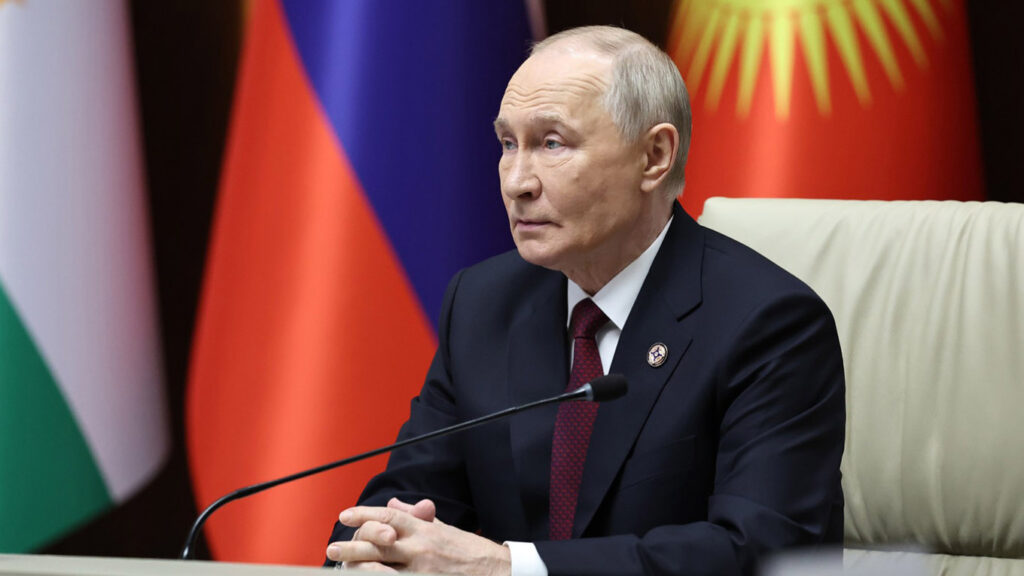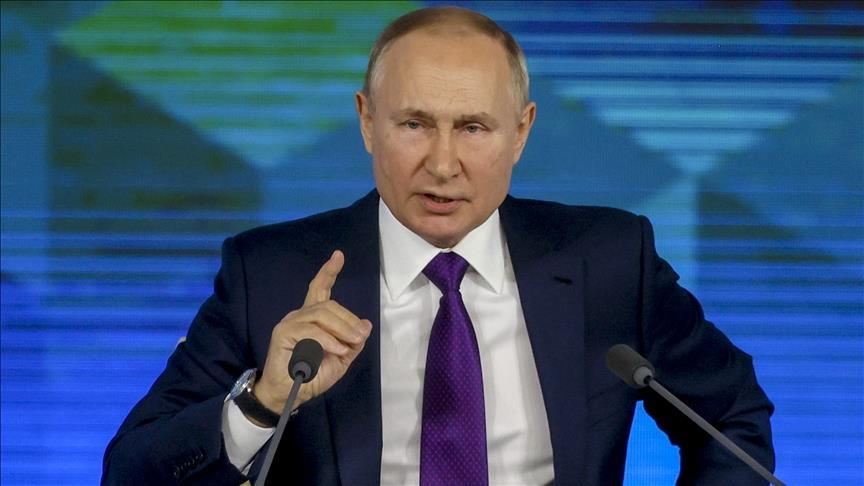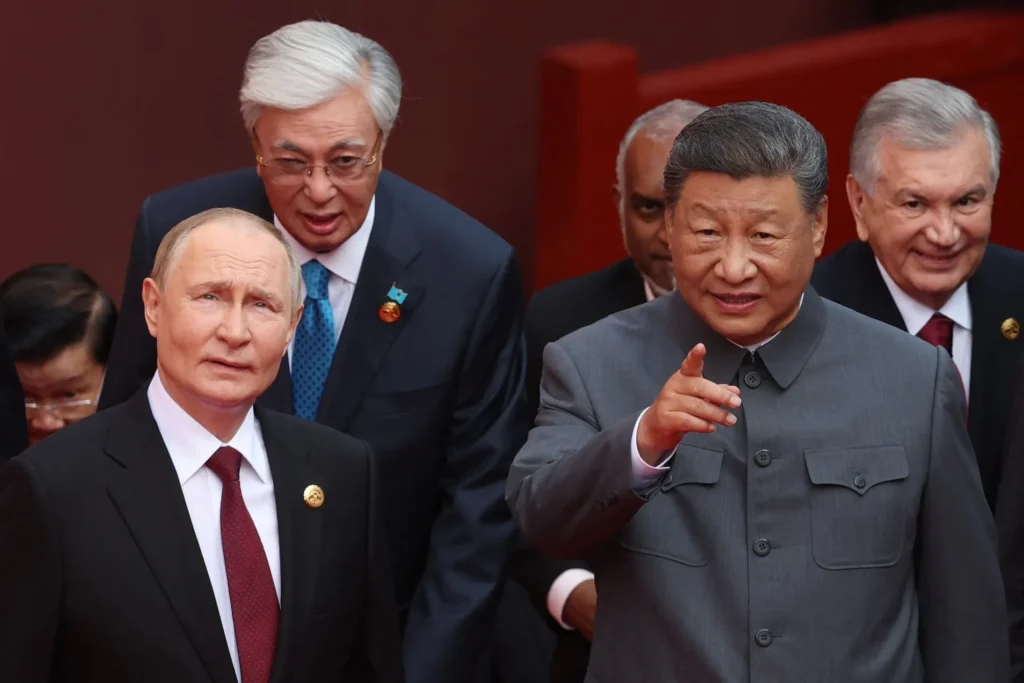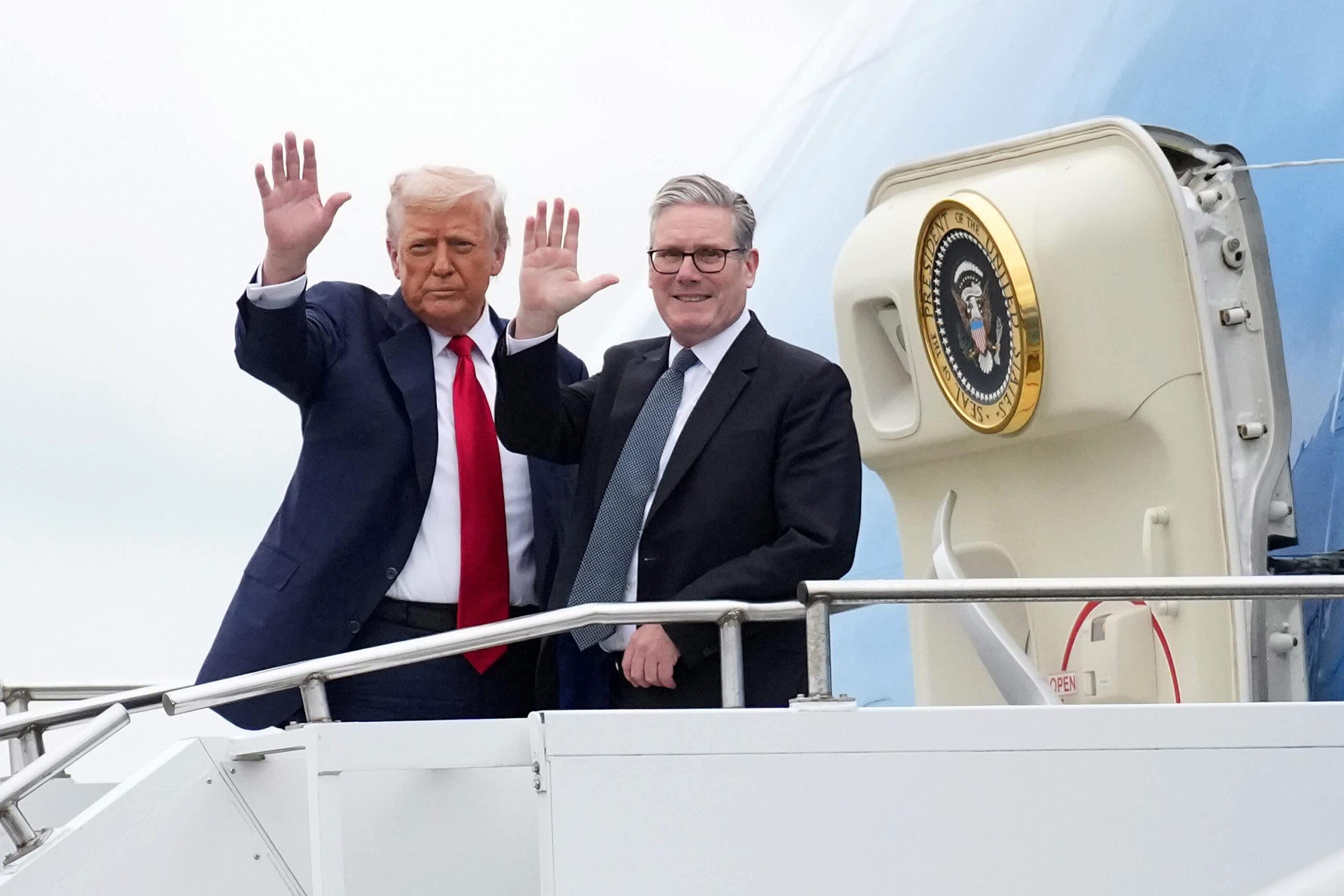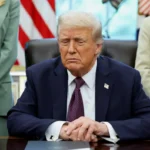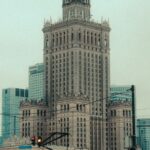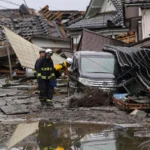Russia Slips Into Recession as Central Bank Confirms Shrinking GDP Amid War Economy
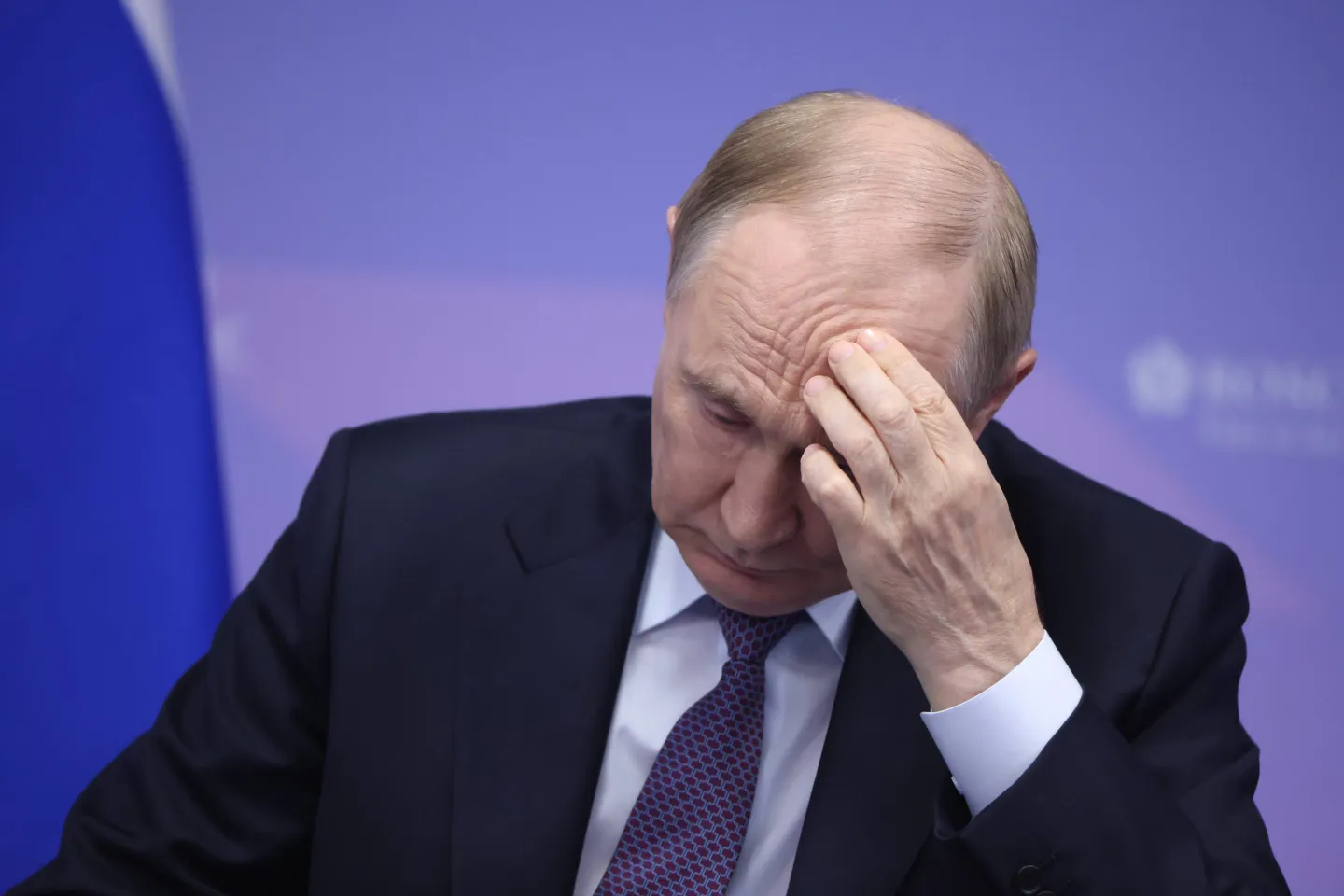
Russia’s economy is officially contracting, according to figures released by the Central Bank of Russia, signaling that President Vladimir Putin’s war-driven economic model has entered a full-blown recession. The data highlights the mounting pressures on a nation grappling with sanctions, declining investment, and the long-term costs of its ongoing conflict in Ukraine.
Shrinking Economy
The central bank reported that Russia’s gross domestic product (GDP) fell by 2.1% in the last quarter, marking the first sustained contraction in years. Analysts say this decline reflects a combination of international isolation, high inflation, and a collapse in domestic consumption.
“This is a clear indicator that the war economy is no longer sustainable,” said one Moscow-based economist. “Government spending, once buoyed by oil and gas revenues, is now under stress, and private-sector activity is declining rapidly.”
Sanctions and Isolation Take Their Toll
Western sanctions have continued to squeeze key sectors of the Russian economy. Measures targeting energy exports, banking access, and technology imports have reduced the ability of Russian firms to operate internationally.
- Energy Revenue Pressure: While oil and gas exports remain a critical lifeline, buyers are increasingly seeking alternatives, limiting Russia’s pricing power.
- Investment Decline: Foreign direct investment has plummeted, leaving companies dependent on domestic capital.
- Technological Bottlenecks: Restrictions on advanced technology imports are slowing production in critical industries such as manufacturing and defense.
The contraction of GDP comes despite government measures designed to cushion the blow, including subsidies, tax deferrals, and increased public spending aimed at supporting both households and strategic industries.
Rising Domestic Strains
The economic slowdown is already being felt by ordinary Russians. Consumer prices have risen sharply over the past year, while wages in real terms have stagnated or declined in many sectors. Retail sales, manufacturing output, and small-business activity have all fallen.
Economists warn that continued economic contraction may lead to longer-term social unrest, particularly if the war drags on and living standards continue to deteriorate.
War Economy Under Pressure
Since the invasion of Ukraine in 2022, Russia has maintained what analysts call a “war economy,” prioritizing defense spending and redirecting resources toward military operations. However, this model has had limits:
- Military Spending vs. Civilian Needs: Resources directed toward military production have crowded out investment in civilian infrastructure and consumer goods.
- Labor Market Strain: Conscription and mobilization have reduced the domestic workforce available for production and services.
- Export Dependency: Reliance on oil and gas exports has left the economy vulnerable to international sanctions and price fluctuations.
Forecasts for 2025
With GDP already shrinking, projections for 2025 suggest the Russian economy may contract further, potentially entering a multi-quarter recession. While the government continues to rely on sovereign wealth reserves and energy revenues to stabilize key sectors, experts warn that long-term recovery will require structural reforms, improved access to global markets, and a reduction in geopolitical risk—conditions that remain unlikely in the near term.
Global Implications
Russia’s economic troubles have implications beyond its borders. Energy markets may face volatility as European and Asian buyers adjust to reduced Russian supply, while geopolitical tensions remain high. Investors and multinational companies are carefully monitoring Russia’s fiscal and monetary stability, with many cautious about committing to long-term projects in the country.
Conclusion
The central bank’s revelation of shrinking GDP is a stark indicator that Russia’s war-driven economic strategy is faltering. With domestic hardship mounting and international isolation deepening, Putin faces both economic and political pressures that could shape the country’s trajectory in the years to come.
Unless significant reforms or diplomatic breakthroughs occur, Russia’s economy may continue to slide, illustrating the profound costs of prolonged conflict on national prosperity.



